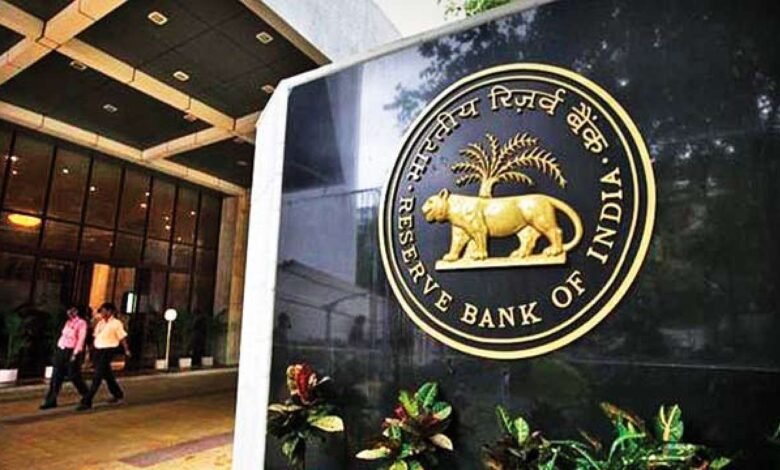
Mumbai: India’s most hawkish rate setter signaled an increase in borrowing costs may happen as early as June after policy makers prepared the markets for a shift this month.
“All the groundwork has been laid,” Jayanth Rama Varma, a member of the central bank’s six-member Monetary Policy Committee, said in an interview on Monday. “The liquidity normalization has happened, the forward guidance has been dropped, we are now completely free to act.”
The Reserve Bank of India earlier this month said it would begin focusing on withdrawing accommodation while still holding rates steady at a record low 4%. That shift, including dropping a commitment to loose policy “as long as necessary,” came after repeated calls from Varma and amid growing risks to the economy from food and fuel inflation shocks caused by the war in Europe.
Since August, Varma has been opposing the MPC’s continued accommodative bias to support economic growth, saying it would undermine the central bank’s inflation-fighting credibility when price pressures are growing globally. Retail inflation surged close to 7% in March, the fastest pace in 17 months and well above the Reserve Bank of India’s 2%-6% target band.
“Inflation itself is now a threat to growth,” Varma said. “The idea that we can prop up the economic recovery at the cost of inflation, I think we need to think again about that.”
He was echoing the sentiment from central bankers including Bank of Korea’s Governor Rhee Chang-yong, who said Monday that inflation remains a more pressing concern than a slowdown in growth. The BOK, along with the Federal Reserve, has led central banks globally in tightening monetary policy as effects of the pandemic wane.
India’s policy rate could have been increased in the April policy itself, or there could have been a debate about it, Varma said. The past guidance more or less said that we will not act, he said.
The markets “should not have any illusion now” that the MPC will stand pat when prices spiral out of control, Varma said, clarifying that he did not speak for other members in the committee that will meet next in June. “We can now look at whatever is the data that is coming in, and act. Clearly, the inflation shock is very serious,” he added.
The central bank sees full-year inflation at 5.7% for the fiscal year that started April 1, up from 4.5% seen in February. It also sees gross domestic product growth during the year at 7.2%, compared with a previous outlook of 7.8%. — Bloomberg





